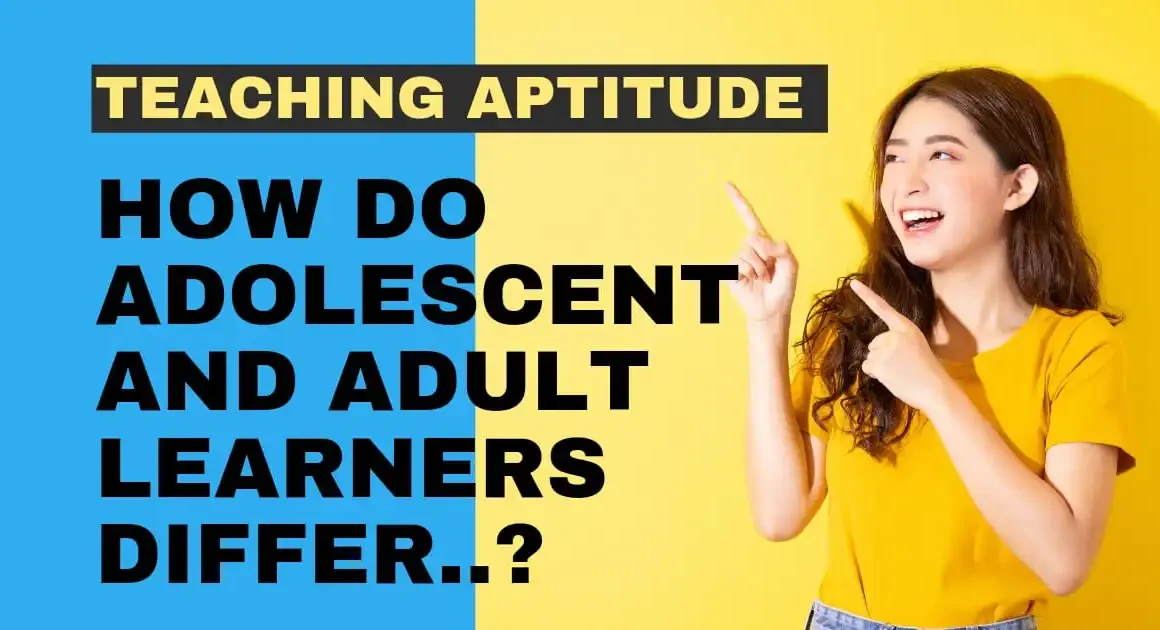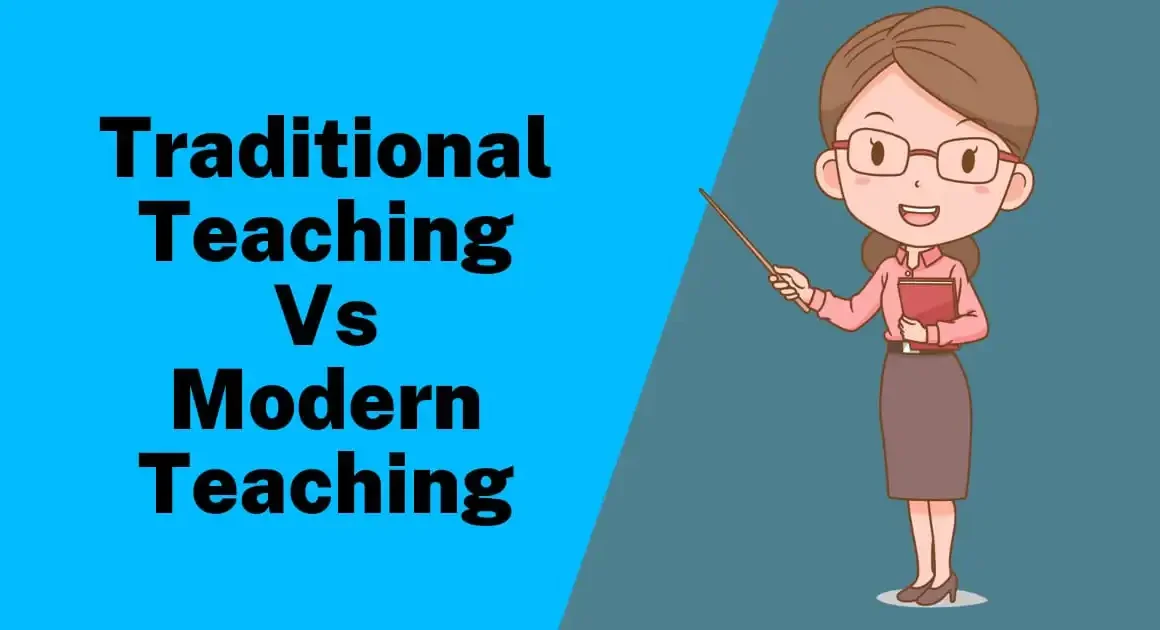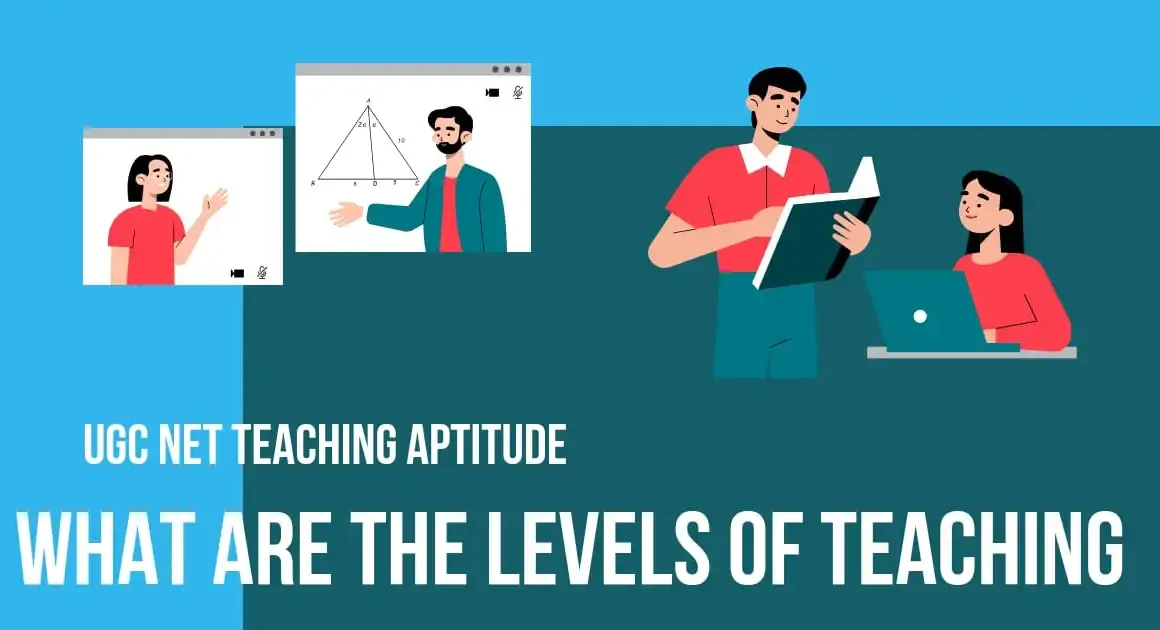Teaching is a Balance of Art, Science, and Partnership. Transferring knowledge from one mind to another is only one aspect of teaching. It is a dynamic, participatory process that is both a science and a professional activity. It calls for in-depth knowledge of the subject area in addition to the capacity to modify training to fit the particular needs of each student. Understanding that each student is an individual is the first step towards effective teaching. Every learner possesses a distinct blend of cognitive, intellectual, emotional, and social traits that impact their educational journey. These qualities include:
- Cognitive abilities: These comprise things like critical thinking, problem-solving techniques, memory, and attention span.
- Academic skills: Academic readiness, learning preferences, and past knowledge are all considered.
- Mental factors: A student’s mental health, self-assurance, and motivation all have a big influence on their learning results and level of engagement.
- Social attributes: These encompass a learner’s capacity for teamwork, communication style, and interpersonal abilities.
Characteristics of Adolescent Learners
Cognitive Characteristics of Adolescent Learners
Intellectual Behavior
- Adolescents acquire the capacity to think abstractly, to transcend actual experiences, and to take into account scenarios and possibilities that might arise.
- As their problem-solving abilities advance, they are able to tackle problems from several perspectives and come up with original solutions.
- They use more sophisticated reasoning techniques, challenging presumptions, evaluating the data, and developing reasoned arguments.
Critical Thinking
- Doubting authority: Adolescents inherently grow more sceptical of accepted wisdom and authority people, challenging conventional wisdom and looking for outside analysis.
- Analysis and evaluation: They learn how to assess other viewpoints, critically analyse material, and create well-informed opinions of their own.
- Discussion and debate: They take an active part in these events, offering their opinions and having thoughtful conversations.
Interest in Democracy
- Awareness of social systems: Teenagers are becoming more and more curious about the political and social systems that surround them, particularly the structures and tenets of democracy.
- Engagement in civic life: They could demonstrate a willingness to take part in civic life by promoting change and having conversations about social issues.
- Social justice debates: They could take an active part in discussions and debates pertaining to equality, human rights, and social justice.
Desire for Social Change
- Idealistic viewpoints: Adolescents frequently have idealistic viewpoints and a strong desire to change the world for the better.
- Social activism: People who are drawn to movements that share their values and views may engage in social activism, volunteer work, or both.
- Challenging the norm: In situations that they believe to be unfair or unjust, they could be more inclined to speak up against the current quo and push for change.
Non-Reality Oriented
- Thinking into the future: Adolescents focus more and more on long-term objectives, professional aspirations, and the formation of their own identities.
- Thinking speculatively: They create various future possibilities and situations in their minds.
- Identity exploration: By playing with numerous roles and viewpoints, they actively investigate various facets of their selves.
Academic characteristics of Adolescent Learners
- Teenagers are looking for a connection between what they are learning in the classroom and their real-world experiences. They grow when teachers show them how to apply principles in real-world settings, which encourages drive and involvement.
- They gain from an instructional strategy that moves from real-world examples to abstract ideas. Their ability to understand complex concepts and build higher-level thinking abilities is helped by starting with concrete experiences.
- Adolescents excel in intellectually challenging settings. When given assignments that encourage critical thinking and problem-solving while building a growth mindset, they demonstrate resilience and motivation.
- They prefer active learning methods over passive ones.
- Adolescents value interaction with peers and teachers. Social engagement supports cognitive and emotional development, fostering a supportive learning community.
Emotional characteristics of Adolescent Learners
- Emotions in adolescents can reach extremes in strength and fluctuate greatly. A person’s experiences, social influences, and hormone fluctuations all affect their mood swings.
- They frequently experience impulsive bursts of energy and need to express themselves or engage in physical exercise to let off steam. Such outbursts represent methods for handling tension, annoyance, or enthusiasm.
- Teenagers want to be able to stand on their own two feet and define themselves apart from their parents. Their pursuit of independence is a reflection of their growing maturity and sense of self.
- They become acutely aware of their appearance, behavior, and social status.
- Criticism, whether constructive or not, deeply impacts their self-esteem and emotional well-being.
- Adolescents are more conscious of the bodily changes that come with puberty. Insecurities and self-doubt are exacerbated by societal standards of beauty and masculinity/femininity.
Social characteristics of Adolescent Learners
- Adolescents frequently imitate the actions of their friends and role models, which helps to shape who they are and how they perceive social standards.
- They try out several social positions in an attempt to define who they are while gaining approval from peers and society.
- Teens consider concepts of social justice, cultural heritage, and belonging as they explore their racial and ethnic identities.
- They use popular culture and fads as means of social bonding and self-expression, which draws them to them.
Characteristics of Adult Learner
Cognitive characteristics of Adult Learner
- Understanding that they are ultimately responsible for their success or failure, adult learners take ownership of their learning results.
- Adult learners are motivated by internal elements like aspirations, interests, and personal goals. They show a strong internal drive to study, seeking information for its own reason independent of rewards or acclaim from others.
- Adults value autonomy in their learning journey, preferring to have control over what, when, and how they learn.
- Adult learners have a practical orientation, seeking to apply new knowledge and skills immediately to real-world situations.
Academic characteristics of Adult Learner
- Adult learners aim to understand the broad ideas and relationships in the subject matter. They appreciate being able to understand the “big picture” and how various facts fit together in a larger framework.
- Empirical results and real-world implementations of what they have learned inspire adult learners. They are committed to reaching their objectives, be they academic, professional, or personal.
- Adult learners learn best through hands-on experiences and active participation.
Emotional characteristics of Adult Learner
- Adult learners put a high importance on independence and command over their education. They prefer to be in control of their own education, establishing objectives and choosing the course and speed of their coursework.
- Adult learners value having choices and options available to them in their educational setting. When given the freedom to choose resources and methods that suit their learning preferences and style, students are more likely to interact with the materials and activities.
- Adult learners may experience particular emotional difficulties based on their age and physical state. Individuals who are physically unable to participate in learning activities, such as older individuals, may feel anxious or frustrated.
Social characteristics of Adult Learner
- Adult learners are constantly looking for a welcoming learning environment where they may talk with others, exchange stories, and participate in conversations.
- Many adult learners often have other commitments and responsibilities, such as job, community service, and family duties. It can be difficult for them to balance their academics and obligations, which could affect their availability and concentration.
- Adult learners value being treated with respect and dignity in their learning environments.




